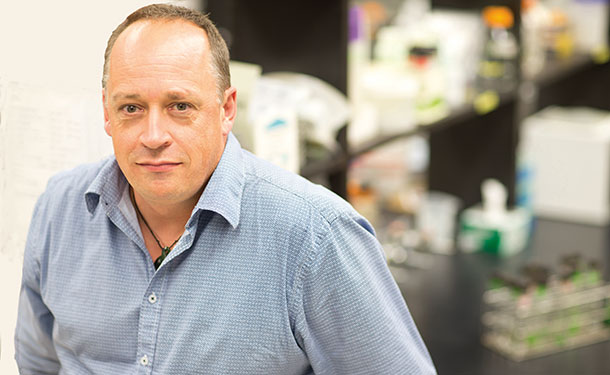 |
 |
|
The Aquatic Microbial Ecology Research Group, Department of Microbiology, The University of Tennessee
|
||
 |
Steven Wilhelm
Kenneth & Blaire Mossman Professor of Microbiology
Science & Engineering Room 637 (O); 634 (Lab)
Lab: (865) 974-0682
|
|
|
Research
in the Wilhelm lab focuses on the interactions of microbial communities
with the environment and in turn how the environment shapes microbial
communities. Scientists at all levels work to
resolve the synergies between microbial communities and
biogeochemical cycles in lakes and ocean systems around the globe. Lab members use biomolecular
tools - DNA and RNA sequencing, metabolomics, and PCR-based quantitative
analyses - to study viruses, bacteria, cyanobacteria and algae.
Currently the laboratory has a specific focus on virus ecology, toxic
cyanobacterial blooms and the development of quantitative molecular
tools for microbial ecology.
|
|
|
|
|
NEWS
FROM THE LAB
End of Sargasso cruise in Bermuda. Team photo with collaborators from the Weitz (Ga Tech), Sullivan (The Ohio State) and Lindell (Technion) labs from October 2019. |
||||||
|
The main home for the lab is the
Other departments we are affiliated with:
UTK/ORNL Genome Science & Technology National Institute for Mathematical and Biological Synthesis
The lab is also affiliated with the Great Lakes Center for Fresh Waters and Human Health and the |
|
End of year solstice gathering (December 2022) |
|
For information on strains, isolates or constructs, please contact Professor Wilhelm |
|
updated 09/18/2024
|